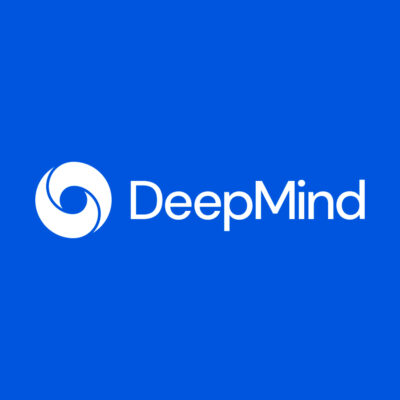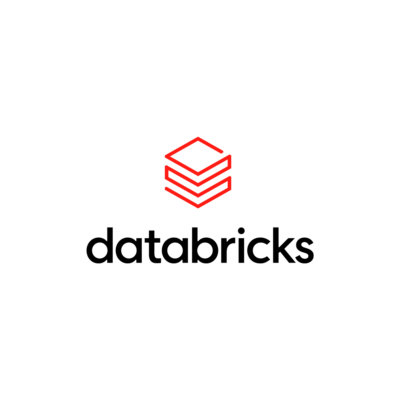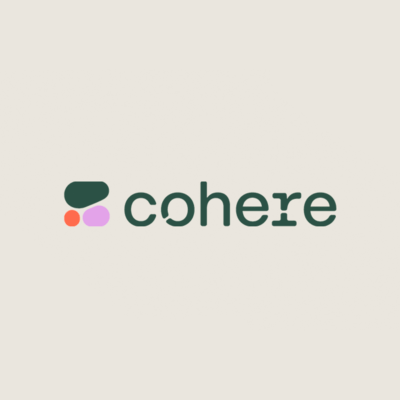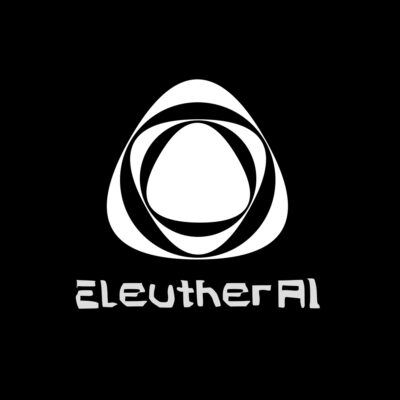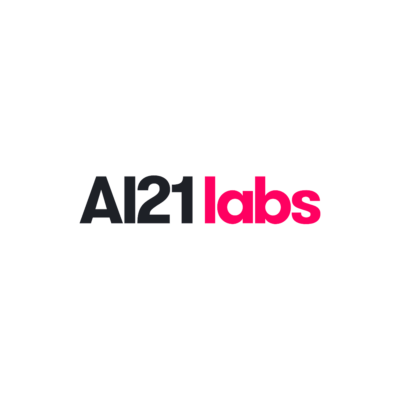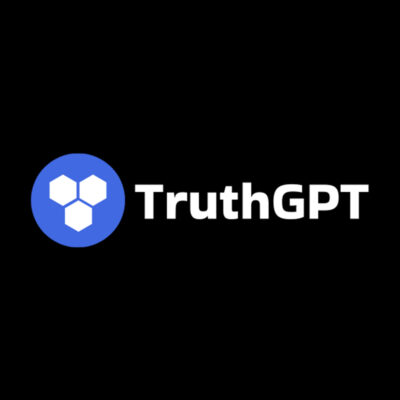Compare Models
-
BloombergGPT
BloombergGPT
OTHERBloombergGPT represents the first step in developing and applying LLM and generative AI technology for the financial industry. Bloomberg GPT has been trained on enormous amounts of financial data and is purpose-built for finance. The mixed dataset training leads to a model that outperforms existing LLMs on financial tasks by significant margins without sacrificing performance on general LLM benchmarks. Bloomberg GPT can perform a range of NLP tasks such as sentiment analysis, named entity recognition, news classification, and even writing headlines. With Bloomberg GPT, traders and analysts can perform financial analysis and insights more quickly and efficiently, saving valuable time that can be used for other critical tasks. To use Bloomberg GPT, you need access to Bloomberg’s terminal software (a platform investors and financial professionals use to access real-time market data, breaking news, financial research, and advanced analytics). Bloomberg also offers a variety of other subscription options, including subscriptions for financial institutions, universities, and governments. The price of a Bloomberg terminal varies depending on the type of subscription and the number of users. -
Deepmind
Chinchilla AI
OTHERGoogle’s DeepMind Chinchilla AI is still in the testing phase. Once released, Chinchilla AI will be useful for developing various artificial intelligence tools, such as chatbots, virtual assistants, and predictive models. It functions in a manner analogous to that of other large language models such as GPT-3 (175B parameters), Jurassic-1 (178B parameters), Gopher (280B parameters), and Megatron-Turing NLG (300B parameters) but because Chinchilla is smaller (70B parameters), inference and fine-tuning costs less, easing the use of these models for smaller companies or universities that may not have the budget or hardware to run larger models.
-
Databricks
Dolly 2.0
FREEDolly 2.0 by Databricks, is the first open source, instruction-following Large Language Model, fine-tuned on a human-generated instruction dataset and is licensed for research and commercial use, which means any organization can create, own, and customize powerful LLMs that can talk to people without paying for API access or sharing data with third parties.Dolly 2.0 is a 12B parameter language model based on the EleutherAI pythia model family and fine-tuned exclusively on a new, high-quality human generated instruction following dataset (crowdsourced among Databricks employees – so cool). Dolly-v2-12b is not a state-of-the-art model, but it does exhibit surprisingly high-quality instruction following behavior not characteristic of the foundation model on which it is based. Dolly v2 is also available in smaller model sizes: dolly-v2-7b, a 6.9 billion parameter based on pythia-6.9b and dolly-v2-3b, a 2.8 billion parameter based on pythia-2.8b.Dolly 2.0 can be used for brainstorming, classification, open Q&A, closed Q&A, content generation, information extraction, and summarization. You can access the Dolly 2.0 can training code, the dataset, and the model weights on Hugging Face. -
Cohere
Generate
$0.015Cohere is a Canadian startup that provides high-performance and secure LLMs for the enterprise. Their models work on public, private, or hybrid clouds.Cohere Generate can be used for tasks such as copywriting, named entity recognition, paraphrasing, and summarization. It can be particularly useful for automating time-consuming and repetitive copywriting tasks and re-wording text to suit a specific reader or context.Cohere Generate is available as an API that can be integrated into various libraries using Python, Node, or Go software development kits (SDKs).We have shown the price of the Cohere Generate Default version, but a Cohere Generate Custom model is available but is double the price (0.030 per 1/k tokens). However, custom models can lead to some of the best-performing NLP models for many tasks. -
EleutherAI
GPT-J
FREEEleutherAI is a leading non-profit research institute focused on large-scale artificial intelligence research. EleutherAI has trained and released several LLMs and the codebases used to train them. GPT-J can be used for code generation, making a chat bot, story writing, language translation and searching. GPT-J learns an inner representation of the English language that can be used to extract features useful for downstream tasks. The model is best at what it was pretrained for, which is generating text from a prompt. EleutherAI has a web page where you can test to see how the GPT-J works, or you can run GPT-J on google colab, or use the Hugging Face Transformers library. -
EleutherAI
GPT-NeoX-20B
FREEEleutherAI has trained and released several LLMs and the codebases used to train them. EleutherAI is a leading non-profit research institute focused on large-scale artificial intelligence research. GPT-NeoX-20B is a 20 billion parameter autoregressive language model trained on the Pile using the GPT-NeoX library. Its architecture intentionally resembles that of GPT-3, and is almost identical to that of GPT-J- 6B. Its training dataset contains a multitude of English-language texts, reflecting the general-purpose nature of this model. It is a transformer-based language model and is English-language only, and thus cannot be used for translation or generating text in other languages. It is freely and openly available to the public through a permissive license. -
AI21 Labs
Jurassic-2 Grande (Base & Instruct)
$0.01J2-Grande offers enhanced text generation capabilities, making it well-suited to language tasks with a greater degree of complexity. Its fine-tuning options allow for optimization of quality, while maintaining an affordable price and high efficiency (see site for more details). It is an ideal choice for complex language processing tasks and generative text applications. All of J2 models support several non-English languages, including: Spanish, French, German, Portuguese, Italian and Dutch. All Jurassic foundation models are trained on a massive corpus of text, making them a powerful basis for a wide range of natural language processing applications, capable of understanding and composing human-like text. Models are available through an API and you can start with a free trial and then pay based on usage. -
AI21 Labs
Jurassic-2 Jumbo (Base & Instruct)
$0.015As the largest and most powerful model in the Jurassic series, J2-Jumbo is an ideal choice for the most complex language processing tasks and generative text applications. Further, the model can be fine-tuned for optimum performance in any custom application. Jurassic-2 not only improves upon Jurassic-1 (AI21 Studio previous generation models) in every aspect, making it highly versatile in general purpose text-generators, and capable of composing human-like text and solving complex tasks such as question answering and text classification. All of the J2 models support several non-English languages, including: Spanish, French, German, Portuguese, Italian and Dutch. All Jurassic foundation models are trained on a massive corpus of text, making them a powerful basis for a wide range of natural language processing applications, capable of understanding and composing human-like text. Models are available through an API and you can start with a free trial and then pay based on usage. -
AI21 Labs
Jurassic-2 Large (Base & Instruct)
$0.003Designed for fast responses, the Jurassic-2 Large model can be fine-tuned to optimize performance for relatively simple tasks, making it an ideal choice for language processing tasks that require maximum affordability and less processing power. All of the J2 models support several non-English languages, including: Spanish, French, German, Portuguese, Italian and Dutch. All Jurassic foundation models are trained on a massive corpus of text, making them a powerful basis for a wide range of natural language processing applications, capable of understanding and composing human-like text. Models are available through an API and you can start with a free trial and then pay based on usage.
-
Cohere
Summarize
$0.015Cohere is a Canadian startup that provides high-performance and secure LLMs for the enterprise. Their models work on public, private, or hybrid clouds and is available as an API that can be integrated into various libraries using Python, Node, or Go software development kits (SDKs).Cohere Summarize generates a succinct version of a provided text. This summary relays the most important messages of the text, and a user can configure the results with a variety of parameters to support unique use cases. It can instantly encapsulate the key points of a document and provides text summarization capabilities at scale. -
TruthGPT
TruthGPT
OtherTruthGPT is a large language model (LLM), and according to Elon Musk, TruthGPT will be a “maximum truth-seeking” AI. In terms of how it works, it filters through thousands of datasets and draws educated conclusions to provide answers that are as unbiased as possible. TruthGPT is powered by $TRUTH, a tradable cryptocurrency on the Binance Smart Chain. $TRUTH holders will soon access additional benefits when using TruthGPT AI. When we learn more, we will update this section. -
LMSYS Org
Vicuna-13B
FREEVicuna-13B is an open-source chatbot developed by a team of researchers from UC Berkeley, CMU, Stanford, MBZUAI, and UC San Diego. The chatbot was trained by fine-tuning LLaMA on user-shared conversations collected from ShareGPT. There is a 13B and 7B parameter models that are available on Hugging Face.
Vicuna-13B achieves more than 90% quality of OpenAI ChatGPT and Google Bard while outperforming other models like LLaMA and Stanford Alpaca in more than 90% of cases. The code and weights and an online demo are publicly available for non-commercial use. Here is a link to learn more about how it compares to other models – https://lmsys.org/blog/2023-03-30-vicuna/.
To use this model, you need to install LLaMA weights first and convert them into Hugging Face weights, and the cost of training Vicuna-13B is around $300.


